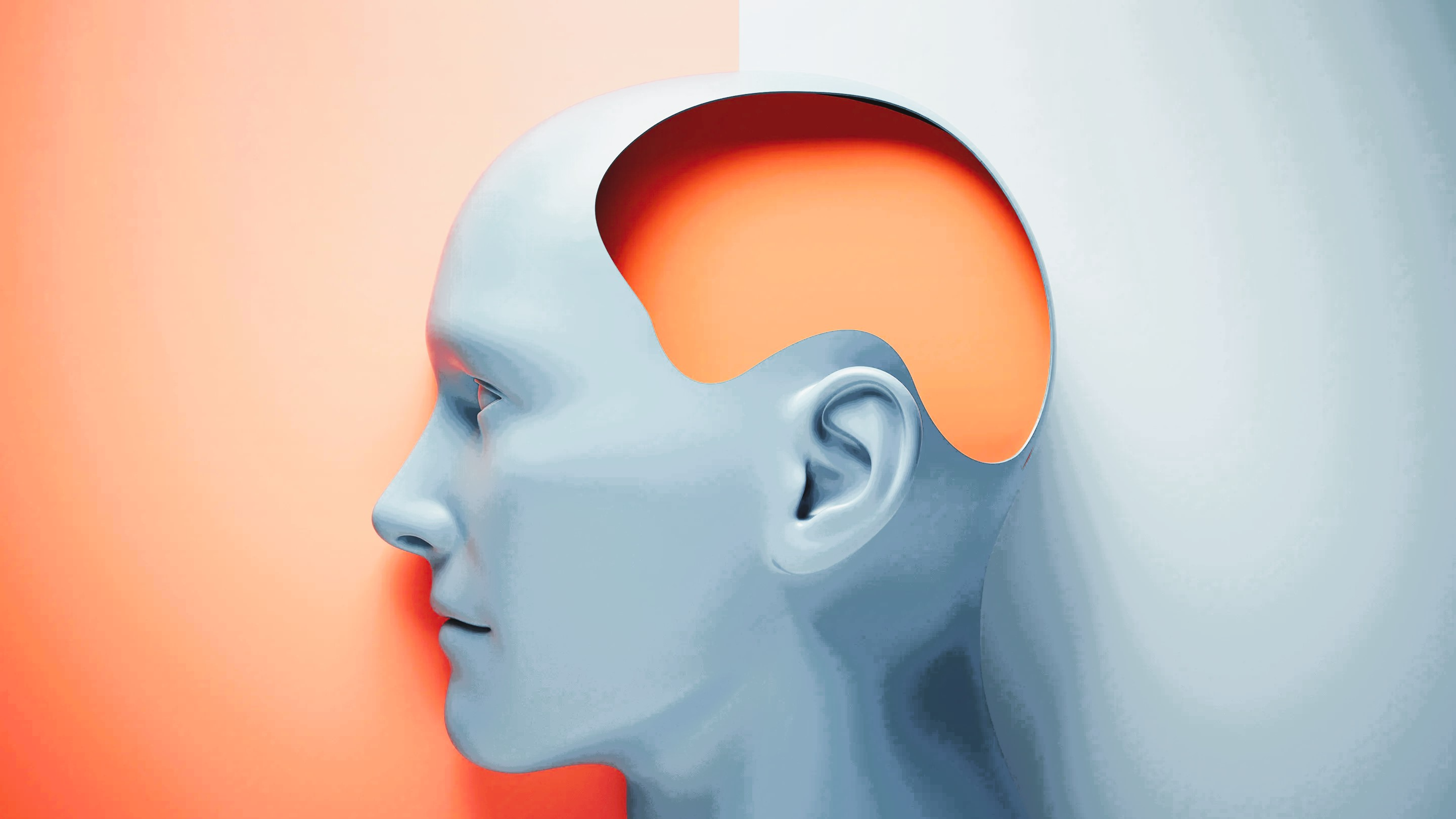

In a digital age dominated by social media and endless streams of online content, a new term has emerged to capture the anxieties of our time: "brain rot." This evocative phrase, declared Word of the Year by Oxford University Press, reflects the growing concern about the impact of excessive low-quality online consumption on our cognitive abilities and mental well-being. Are we sacrificing our mental sharpness for the fleeting satisfaction of scrolling through social media feeds?
Rise of "Brain Rot"
The term "brain rot" saw a dramatic surge in usage this year, increasing by 230% compared to 2023. This reflects a growing awareness of the potential downsides of our digital habits. Experts suggest that the constant bombardment of trivial and unchallenging online content can lead to a decline in mental acuity, affecting both children and adults.
Symptoms and causes:
While the symptoms of "brain rot" may vary across age groups, the underlying causes are often similar. Children may exhibit reduced attention spans, difficulty concentrating, and poor academic performance. Adults may experience forgetfulness, low motivation, irritability, and an over-reliance on devices for memory and entertainment.
Excessive screen time, particularly on social media, is a major contributor to this mental decline. Mindless scrolling and exposure to superficial content can limit critical thinking and hinder deeper cognitive engagement. Other factors, such as lack of physical activity, sleep deprivation, and poor nutrition, can further exacerbate the problem.
Combating "Brain Rot"
The good news is that "brain rot" is not an irreversible condition. By making conscious choices and adopting healthy habits, we can protect our mental well-being and enhance our cognitive abilities.
The declaration of "brain rot" as Word of the Year serves as a wake-up call, urging us to re-evaluate our relationship with technology and prioritize our mental well-being. By recognizing the potential dangers of excessive and uncritical digital consumption, we can take proactive steps to protect our cognitive health. Let's embrace a more balanced lifestyle, one that nurtures our minds and allows us to thrive in an increasingly digital world. After as wisely stated, "Our brain is our most valuable asset. Protect it fiercely, because its health determines our quality of life."